9 Brutal Truths About 'Humane Meat' That The Industry Doesn't Want You To Know

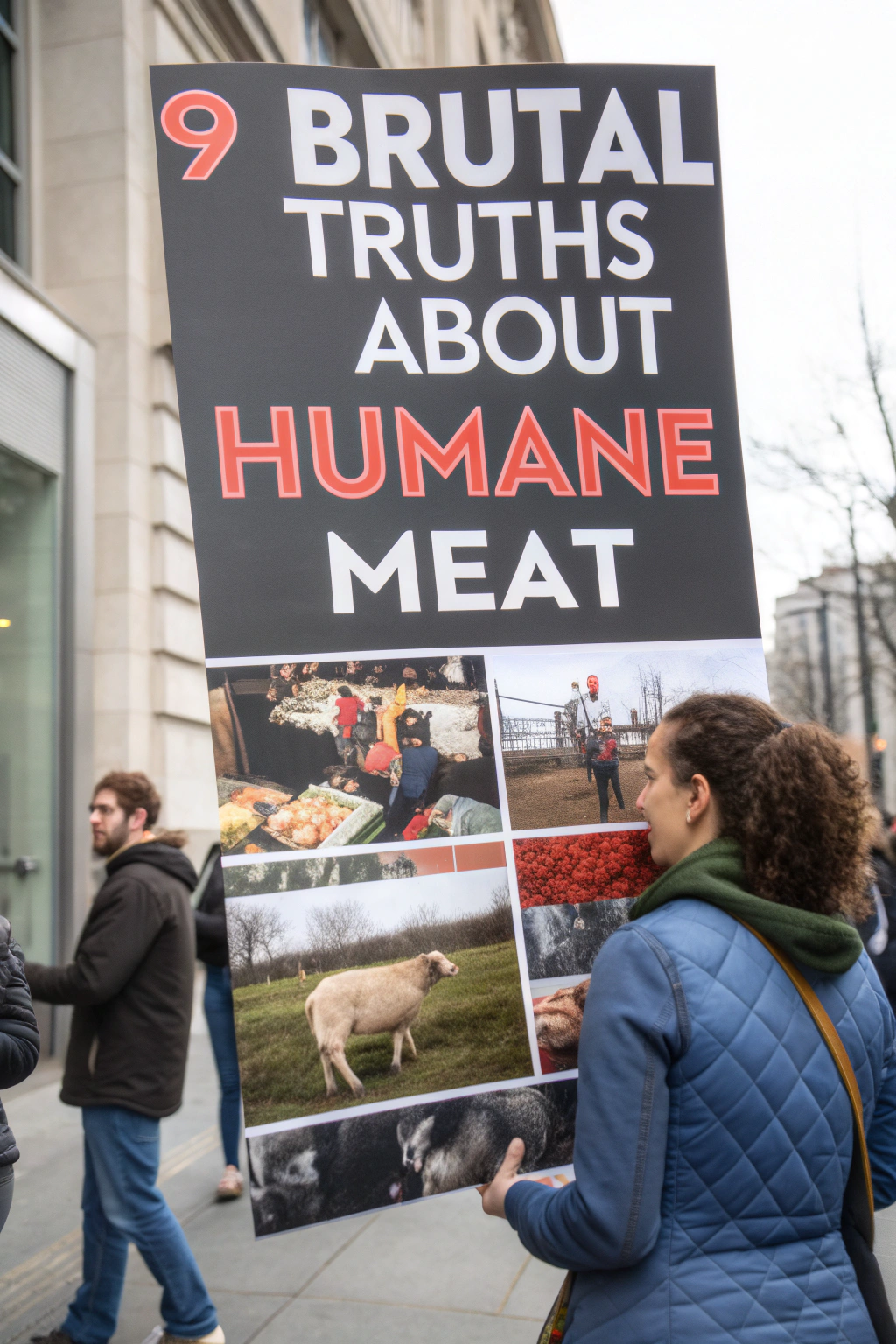
So, you're at the grocery store, feeling good about buying "humane meat." You're picturing happy cows grazing in sunny pastures, right? Well, hold your horses (or should we say, hold your chickens?) because the reality behind that label can be a lot murkier than you think. Prepare to have your ethically sourced bubble burst.
We're diving deep into the uncomfortable truths about "humane meat" that the industry often sweeps under the rug. Get ready to question everything you thought you knew.
"Humane" Doesn't Always Mean Pasture-Raised
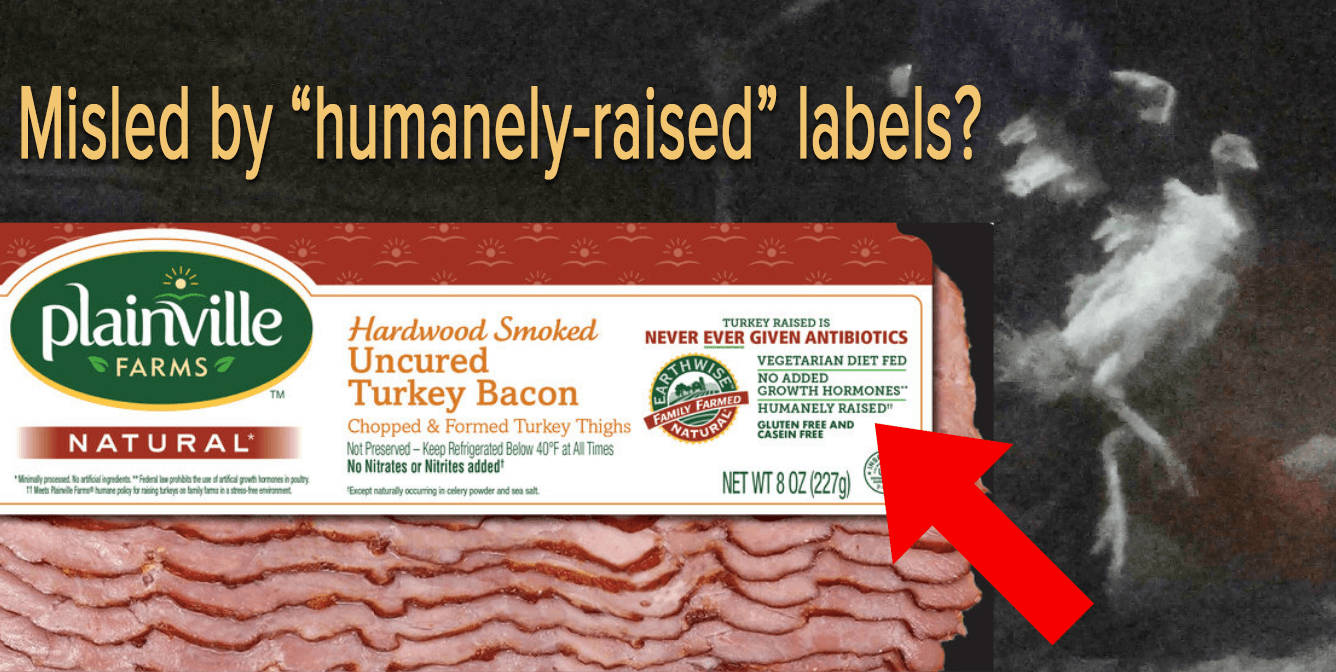
The term "humane" is loosely regulated. It might just mean animals have slightly more space than in conventional farming, but still live indoors. Don't assume rolling hills and sunshine just because it says "humane" on the package. Always look for specific certifications.
Certifications Can Be Misleading
Even with certifications like "Animal Welfare Approved" or "Certified Humane," standards can vary wildly. Do your research! Understand what each certification actually guarantees about the animal's living conditions, diet, and treatment.
Slaughter is Rarely Humane
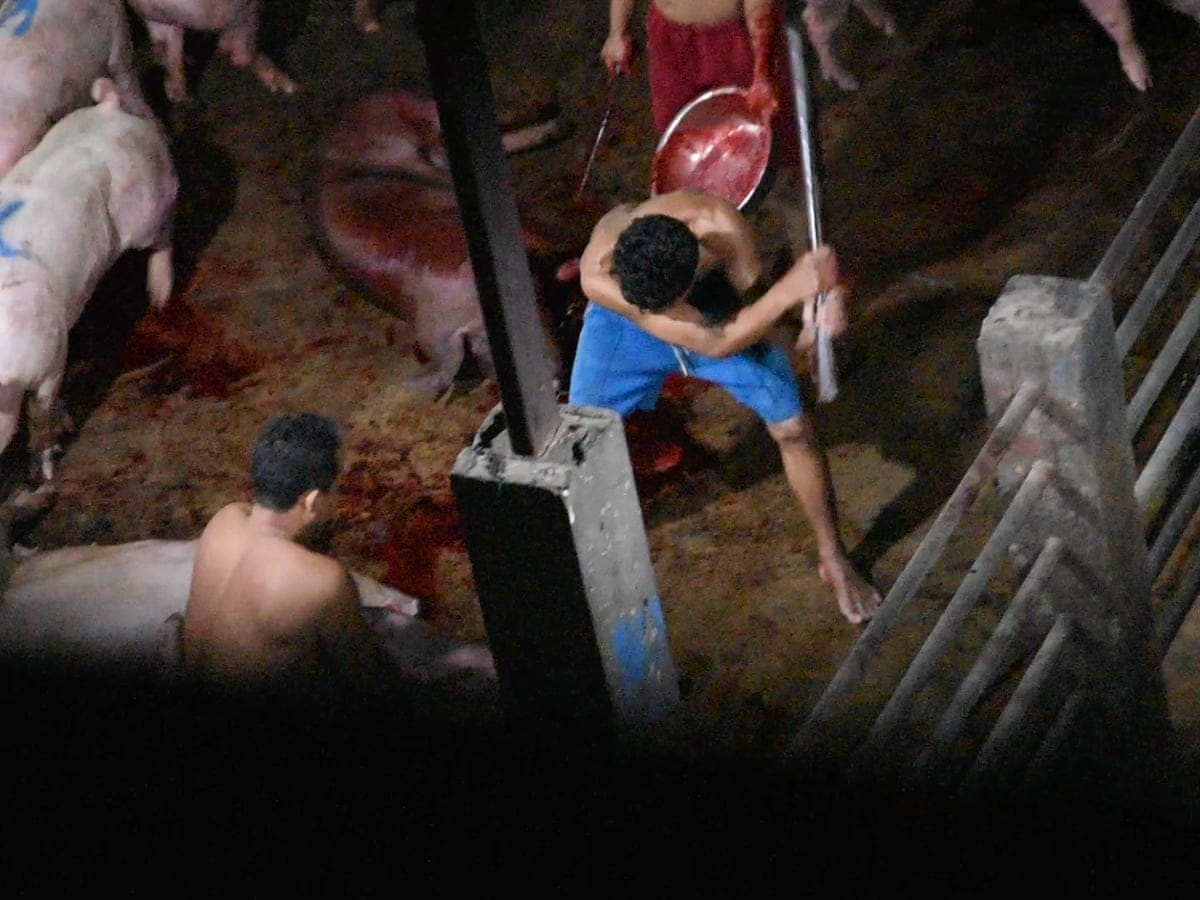
Even the best living conditions can't guarantee a stress-free death. Slaughter, even when performed under humane guidelines, is often traumatic for the animals. It's the inevitable end of the line, and it's almost never pretty.
"Humane" Meat is Still Factory Farming
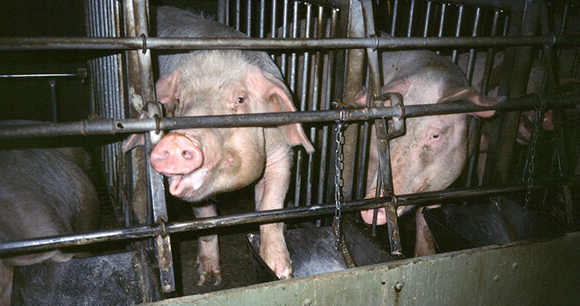
In many cases, "humane" labels are applied to farms that are still very much part of the industrial agriculture system. They might be slightly better, but it's still a far cry from idyllic, small-scale farms.
Male Chicks Are Still Culled
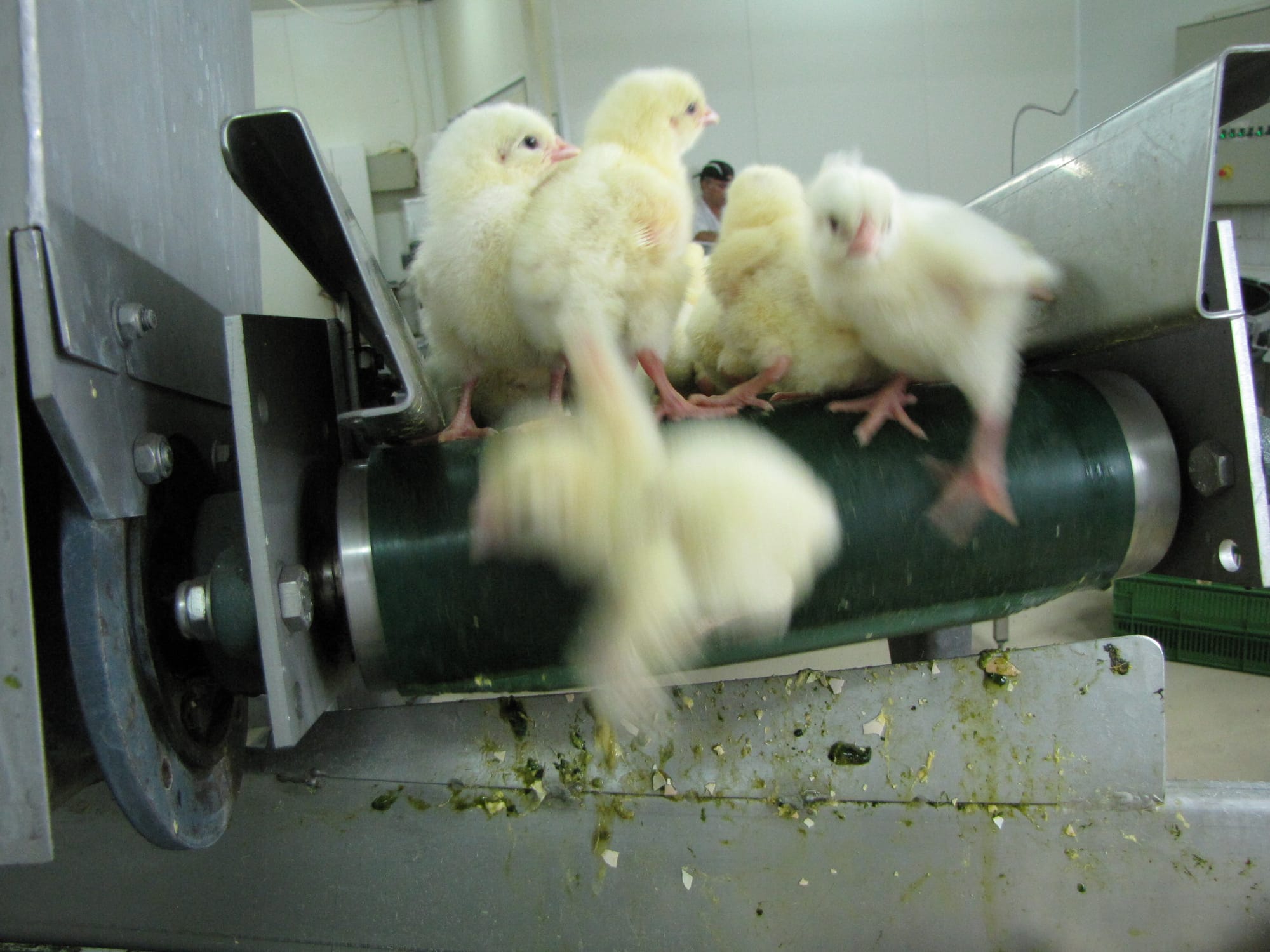
If you're buying "humane" eggs, it's important to remember that male chicks, being unable to lay eggs, are often killed shortly after hatching, even on "humane" farms. This brutal practice is standard across the industry.
Transportation is Inhumane
Whether they're raised in a giant facility or small pasture, these animals often face grueling trips in crowded trucks to processing plants. Even "humane" farms utilize the same stressful transportation methods.
Labels Don't Guarantee Healthier Animals

While "humane" farms may avoid some of the worst abuses of factory farms, they don't necessarily ensure that animals are healthier. Disease outbreaks can still occur, and antibiotics might still be used, albeit perhaps less frequently.
"Humane" Meat is Expensive
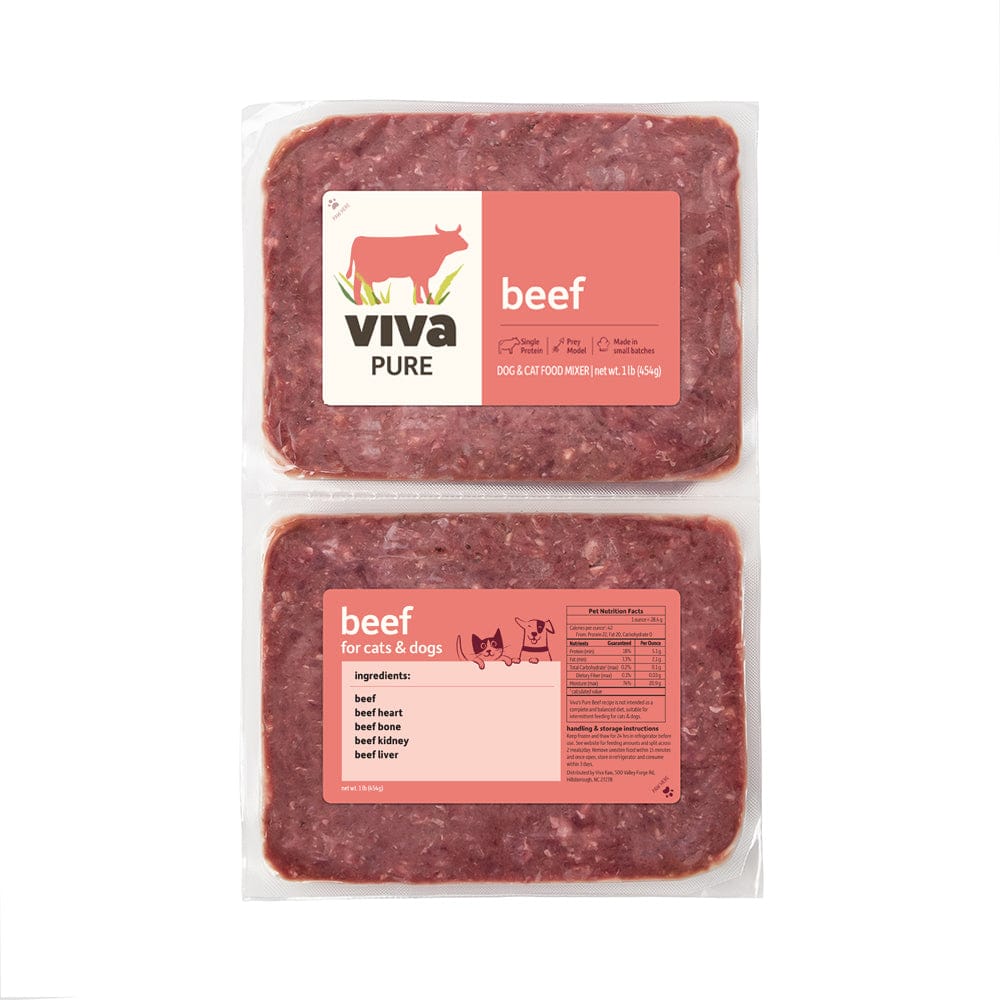
Prepare to pay a premium for "humane" meat. The higher prices often don't reflect a significantly better quality of life for the animals, but rather the increased costs of slightly better conditions and marketing.
You're Still Contributing to Environmental Damage
Even "humane" animal agriculture contributes to greenhouse gas emissions, deforestation, and water pollution. It's a less intensive version of the same destructive system, but it's still part of the problem.




